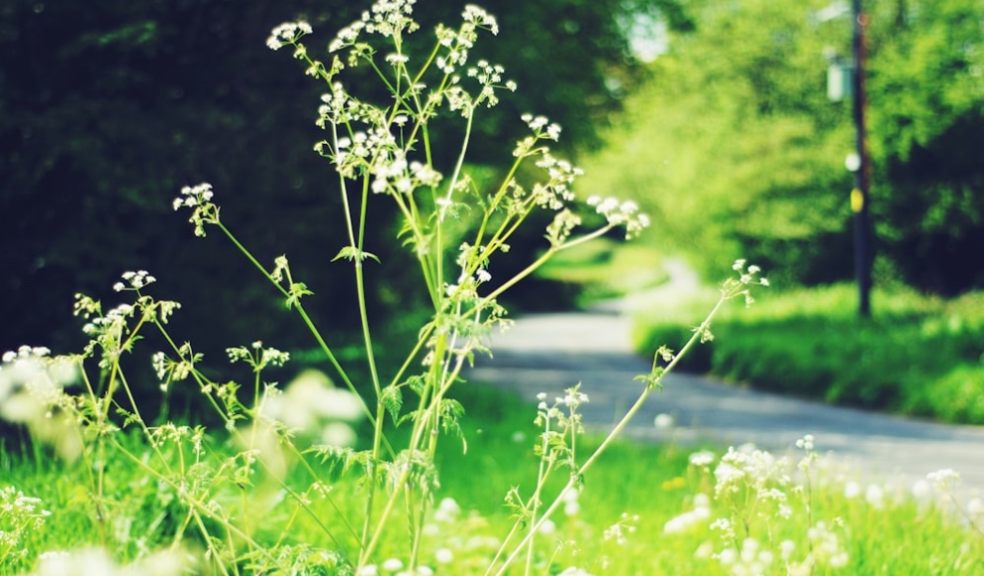
Cultivating Weed Seeds: What You Need to Know?
Weed cultivation often conjures images of gardeners tirelessly pulling unwanted plants from their flowerbeds. However, the term "weed" is merely a label for plants in an unwanted place, and not all "weeds" are without merit. In fact, many plants typically classified as weeds can offer ecological benefits and practical uses.
Understanding Weeds and Their Roles
Weeds are often resilient, fast-growing plants that can thrive in harsh conditions where cultivated plants may not. They play crucial roles in their ecosystems, such as stabilizing soil and supporting pollinators. For instance, dandelions, often the bane of lawn enthusiasts, are excellent at bringing up nutrients from deep within the soil, and they provide essential early spring nectar for bees.
Cultivating weed seeds can therefore be part of a strategy for ecological gardening, aimed at creating a balanced garden ecosystem. By understanding the specific types of weeds and their ecological roles, gardeners can make informed decisions about which weeds to encourage and which to control.
Benefits of Growing Weed Seeds
Weeds like nettles, chickweed, and dandelions are not just survivors; they offer a range of benefits. Nettles, for example, can be used to make a nutrient-rich tea that serves as an excellent natural fertilizer. Chickweed is edible and can be used in salads or as a cooked green, offering a mild, spinach-like taste.
Cultivating these plants intentionally allows for controlled growth, making it easier to harvest their benefits while keeping their invasive nature in check. For gardeners interested in sustainable practices, growing weed seeds provides an opportunity to harness these plants' ecological functions for growing healthier gardens.
Methods for Cultivating Weeds
To cultivate weeds effectively, one must first identify the specific needs and growth patterns of the plants. For example, many common garden weeds are light-lovers and will thrive in open, sunny areas. Others, like ground ivy, prefer shaded or partially shaded environments.
Choosing the right location is crucial, as is understanding how these plants reproduce. Some weeds spread via root systems, while others rely on prolific seed production. Managing these reproductive strategies is key to maintaining a balance between benefiting from these plants and preventing them from overtaking other garden species.
Challenges in Weed Cultivation
While the benefits of growing certain weeds are significant, there are also challenges to consider. Their robust nature can be a double-edged sword, as these plants can become invasive and compete with other garden plants for resources like light, water, and nutrients.
Furthermore, neighbors and local gardeners might view the cultivation of weeds with skepticism or disapproval, due to the traditional view of these plants as nuisances. Educating oneself and the community about the benefits and methods of weed cultivation can help mitigate these social challenges.
Innovative Uses of Cultivated Weeds
Beyond the garden, cultivated weeds can find roles in various sectors. For instance, certain fibrous weeds can be used in the production of sustainable textiles. Others are being explored for their medicinal properties, contributing to natural health solutions.
Research into the uses of weeds is ongoing, and as more discoveries are made, the potential for cultivated weed seeds continues to grow. This emerging field promises not only more resilient garden ecosystems but also practical applications in other areas of sustainable living.
The cultivation of weed seeds offers more than just the management of unwanted plants; it opens up a realm of ecological benefits and practical uses that challenge our traditional perceptions of gardening. With careful management and an understanding of the specific characteristics of these plants, gardeners can turn the so-called nuisances into beneficial allies in both gardens and beyond. This approach not only supports biodiversity but also promotes a more sustainable interaction with our local ecosystems.



















